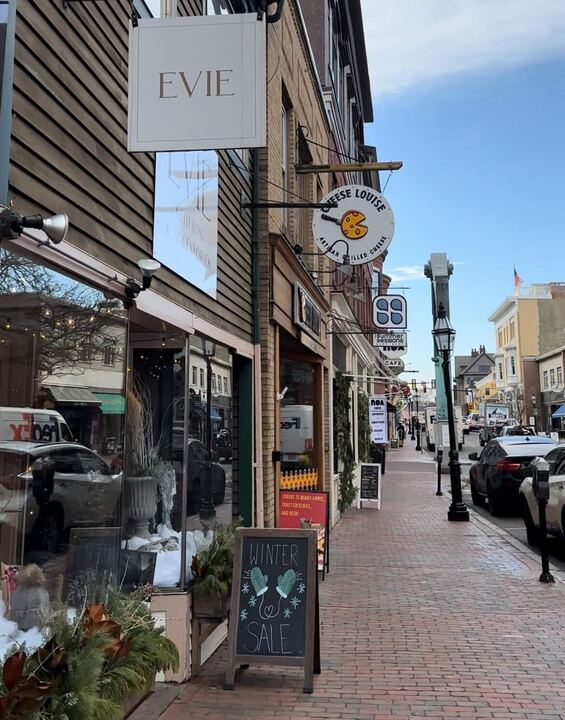On Friday, May 12, I received a message in the Hillel executive board group chat that was, to say the least, unsettling. It was a screenshot of a two-paragraph email from Hall Director Kaleigh Sosa explaining that, “swastika drawings were found” in Stoke Hall.
What was unsettling to me about this message was not just the fact that acts of hate continued to target minorities on campus. What shook me to my core was the hall director’s response, labeling the incident an act of “bias” and “vandalism,” and then closing the email by calling on her residents to be “positive.” The email contained no details about the situation or how it was to be dealt with. It provided no resources for students who may have felt targeted or scared.
If I were a resident of Stoke Hall, I would not feel that I had the support of my hall director to listen to my reactions or feelings toward a symbol that represents genocide toward people like me. Hall directors are supposed to provide support and resources to all students. When an act of hate takes place in a residence hall, it should not be labeled as “bias,” and it should not be the targeted students’ jobs to explain the true implications of that act to other students, who claimed that the swastikas “weren’t that bad” because they were “backwards.”
I am a Jewish woman who grew up in New Hampshire, where the Jewish population is 1 percent. I am no stranger to anti-Semitism and crimes of ignorance or hate. But when I came to the University of New Hampshire as a freshman this year, I expected to have the support of my university to keep me and all other minorities safe.
The university’s reaction to the incidents of blackface, a direct death threat to all students of color, was just as horrifying. Students who called university police to report the student who committed the act were allegedly asked what blackface was by police officers. At the open forum on Thursday, May 11, President Huddleston said that the university couldn’t just expel students and that they had to go through “due process.” Students responded by pointing out that anyone with drugs or alcohol found in their room would be kicked out within a day. So where is “due process” when students’ lives are threatened?
When the Sexual Harrassment and Rape Prevention Program’s (SHARPP) street harassment wall was removed, Dean Kirkpatrick refused to negotiate with us until the media and other groups on campus became involved. My experience with meeting with top UNH administrators and witnessing the open forum on Thursday, May 11, tells me that administrators who are supposed to be helping and supporting the student body will do little to help us unless we pressure them to do so. They do not listen, they procrastinate, and they promise change without taking action.
Why must we as students literally demand to have our voices heard, and tell administrators how to do their jobs? It took six days for the university to make any public statement condemning racism on campus, and that was only after the three-hour open forum on Thursday. But what if the forum hadn’t taken place? Would administrators have done their jobs if students hadn’t demanded that their voices be heard?
I and other members of Hillel were able to meet with the Director of Residential Life, Ruth Abelmann, on Friday, only hours after the original email was sent out to the residents of Stoke. Through our work with her and Kaleigh Sosa via email, we worked together to draft a new message that met all of Hillel’s demands and was sent out to residents that night. While it is important to acknowledge the effort made by housing, an email is not enough, just as a few emails from the administration to the student body condemning Cinco de Mayo celebrations are not enough. The students who commit hate crimes must face consequences immediately to send a message to all UNH students that this behavior is unacceptable, and we must take this a step further by doing what universities do best: educate. Adding a diversity course to the discovery program will creating real change at UNH so students don’t have the excuse that they “didn’t know” they were being racist or hateful.
This school has a huge problem that manifests itself in every facet of university life. It is lack of education of staff, faculty and students, and lack of response and respect from the administration. UNH administrators must address these issues rather than just talking about them. I can guarantee that student activists will not rest over the summer. The university will not be able to let these issues “die out” and start with a clean slate next semester. There will be change, even if we must demand that there be.
Column: Less talk, more action
May 17, 2017

























